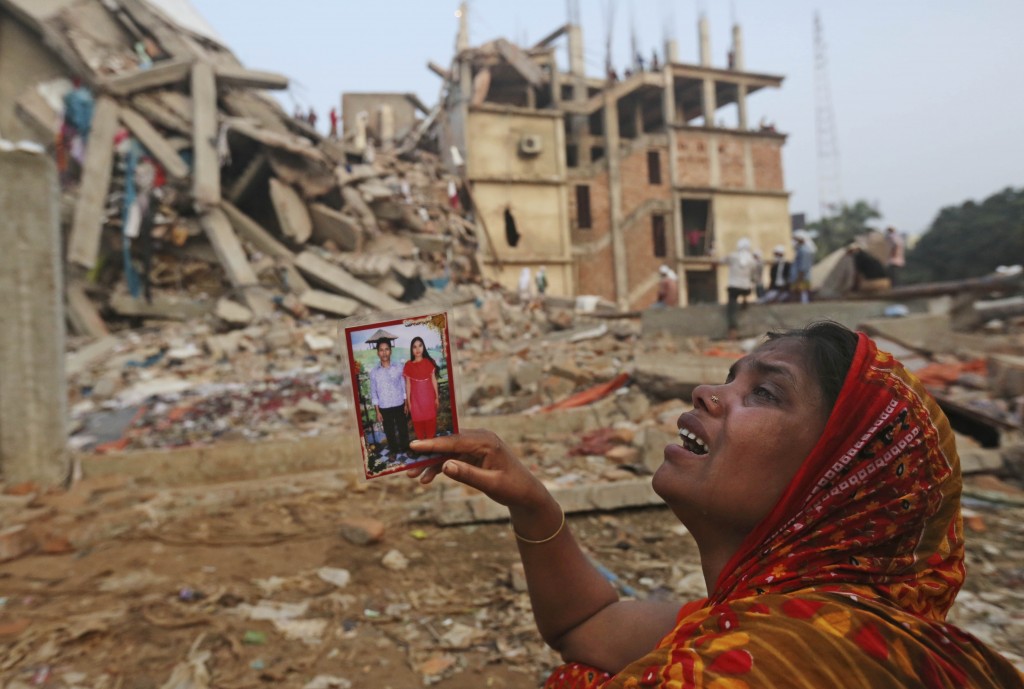A Cry for a new Socialiam
Thursday, July 23rd, 2015Capitalism in the Age of Globalization, Samir Amin, 2014 (originally published in 1997)
Samir Amin is a French-Egyptian Marxian economist. He lives in Dakar, Senegal. Amin’s primary focus in this work is this challenge:
The first (capitalism) wishes to fix evolution, more or less submitting it to the perspective of the unilateral action of capital. Socialism on the other hand permits one to see why this capitalist globalization remains truncated, generating, reproducing, and deepening global polarization step by step. The historical limit of capitalism is found exactly here: the polarized world that it creates is and will be more and more inhuman and explosive. Challenged by this enormity, socialism has a duty to propose an alternative vision of globalization, the means of achieving it in the true sense of the word and giving it a human and truly universalistic character. This is, in my opinion, the challenge.
Rejection of capitalism by turning to ethnicity and religious fundamentalism actually have become integrated into this brutal globalization and are made use of by it. They cannot be the answer to apocalyptic capitalism.
Capitalism today is sustained by the existence of five monopolies enumerated by Amin:
1. Technological Monopoly. This monopoly is sustained by huge state expenditures especially through military spending.
2. Financial Control of worldwide financial markets. With deregulation and the liberalization of rules governing finance, finance has become capital’s most global component. Past empires like the British maintained financial control through trade surpluses. The US attempts to maintain its dominance and the dollar as the global currency despite massive trade deficits. As a result, today’s financial system is extraordinarily fragile.
3. Monopolistic access to the planet’s natural resources. The reckless environmental dangers of this monopolistic exploitation are dangerous and increasingly obvious.
4. Media and Communications monopolies. These lead to a uniformity of culture and provide effective means for political exploitation. These monopolies are a primary source of the erosion of democratic practices.
5. Monopolies over weapons of mass destruction. The US monopoly of 1945 was held in check through the cold war but today the US again has an unacceptable monopoly that cannot be held in check through international democratic controls.
Amin’s central focus is the evolving social contract between Capital and Labor. The early 20th Century saw the spread of Fordism by which Amin not only refers to mass industrial production but to the rise of labor organization and negotiated social contracts between capital and labor. The name is perhaps unfortunate given Henry Ford’s antipathy toward union organizing. By the end of WWII and up til about 1970, organized labor proved able to hold their own in upholding dignified social contracts with capital. Today, with capital able to physically relocate for tax and labor advantage, the social contracts enabling workers to enjoy a decent middle class living have evaporated to be replaced by a capital induced permanent state of unemployment or “surplus labor” as capital economists prefer to refer to it. Global capital uses subcontracting at the periphery to limit liability (from collapsing factories, indentured labor, environmental damage, etc.). Amin is not a numbers guy (in sharp contrast with French economist Piketty) but he does point out that modern finance is able to move capital around the globe at about 30 times the volume of trade. This has to exaggerate short term opportunism and instability as capital lurches from crisis to crisis.
Amin prefers to refer to the global economy as having a center and a periphery. This replaces the nomenclature of first, second, third, and forth worlds. As the global economy moves away from its center, the level of surplus labor increases until virtually the entire population is included in this category. This state of economic affairs makes modern capitalism inherently unstable lurching from crisis to crisis. Modern capital managers are trained in crisis management and little else. Capital has no long term objectives, vision, or dreams. It blindly lurches along putting out fires as best it can.
Amin equally decries the damage capital is doing to our environment seemingly without constraint or cost. The environmental damage, like “surplus labor” only intensifies as one moves from the center toward the periphery.
The US is the absolute center of destructive capitalism. There is potential for a second East Asian center of China, Japan, and the tigers. India is another potential regional center. The European EC has had some success in integrating markets and allowing some mobility of labor but capitalism intentionally created the EC with very weak central political structures including a weak central bank. The result is becoming a German dominated EC. Germany’s current project is the “Latin Americanization” of Eastern Europe under German control. Already the Czech Republic has become a German protectorate. The EC must strengthen central democratic institutions if it is not to fall apart or become totally dominated by Germany. Amin spends some time examining the failed example of the Bandung Project, the loose coalition of 29 non aligned nations (neither aligned with the US nor the Soviet Union). Formed at the Bandung Conference in 1955, this coalition represented more than half the world’s population.
A major objective of imperialism and colonization as controlled from the center was the Balkanization of Africa and the Middle East. Britain had the same objective in India but largely failed, only able to carve out the two Pakistans as they left India. This Balkanization makes it much more difficult to build regional solutions, whether in Eastern Europe, Africa, or the Middle East. All this leaves only the US-Canada as a continental region with the potential to do something about breaking up the five monopolies of capitalism.
Amin speculates that the IMF, the World Bank, and the GATT-WTO could potentially be reformed to serve to correct some of the extreme problems of global capital but today they serve the interests of global capital at the center and promote neoliberal objectives. Unless they are reformed they will continue to contribute and exaggerate the global economic crises and not abate those crises.
Amin decries the absence today to a towering intelligentsia like that of the enlightenment able to have a profound impact on thinking about new forms of social contract between capital and labor. Amin finds the academic apologists of capital with their non empirical talk of the magic and invisible markets risible and dangerous. Amin admires Marx’s analysis of the problem but finds Marx fell far short of suggesting organizational and political solutions to the problem. He refers to the Soviet revolutionary experience as “Sovietism” and the Chinese revolutionary experience as “Maoism”. He refuses to call either Communism. He believes there has to be a regional political organizational solution to the problem of capital and control over its five monopolies. Amin admits he doesn’t have the answer.



